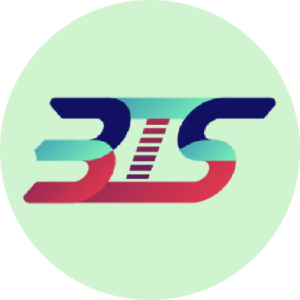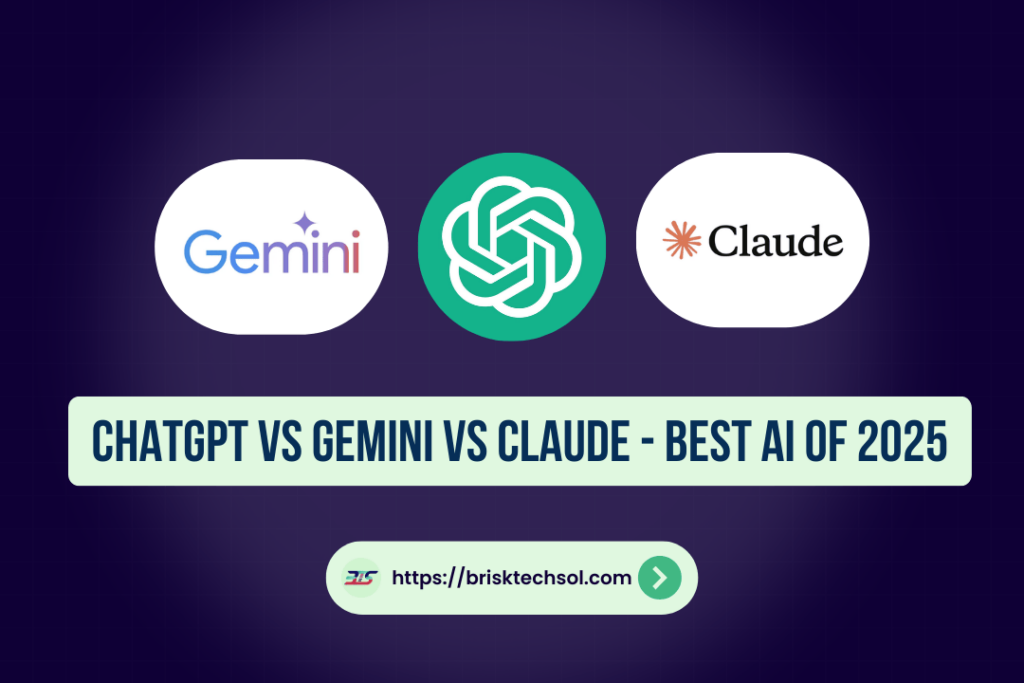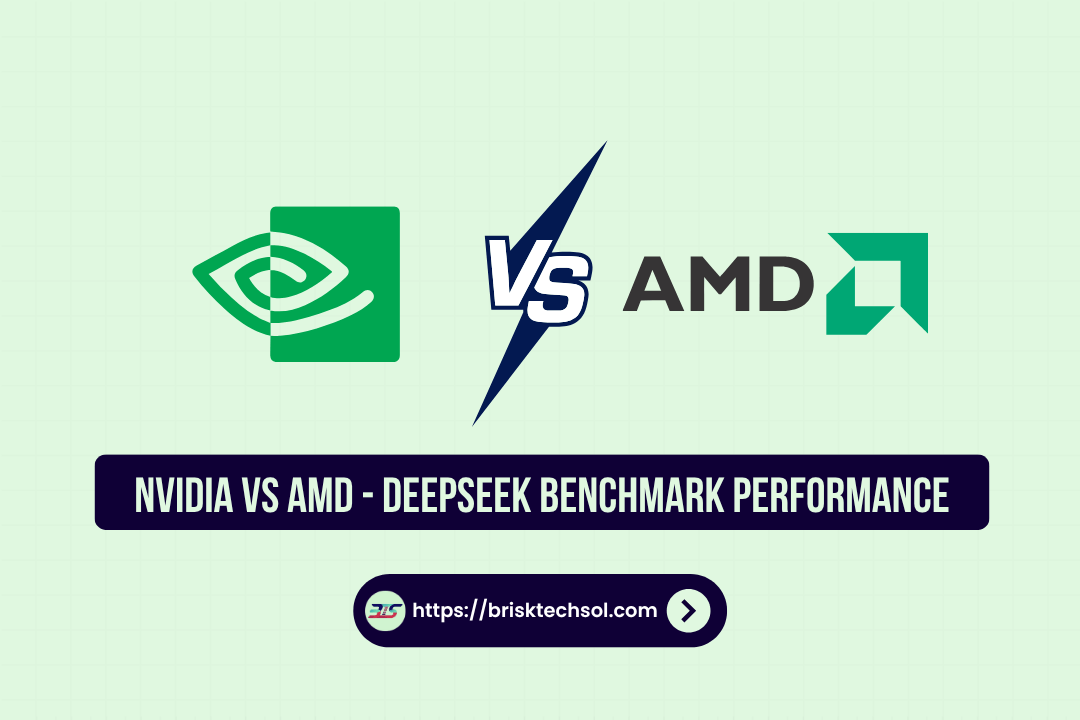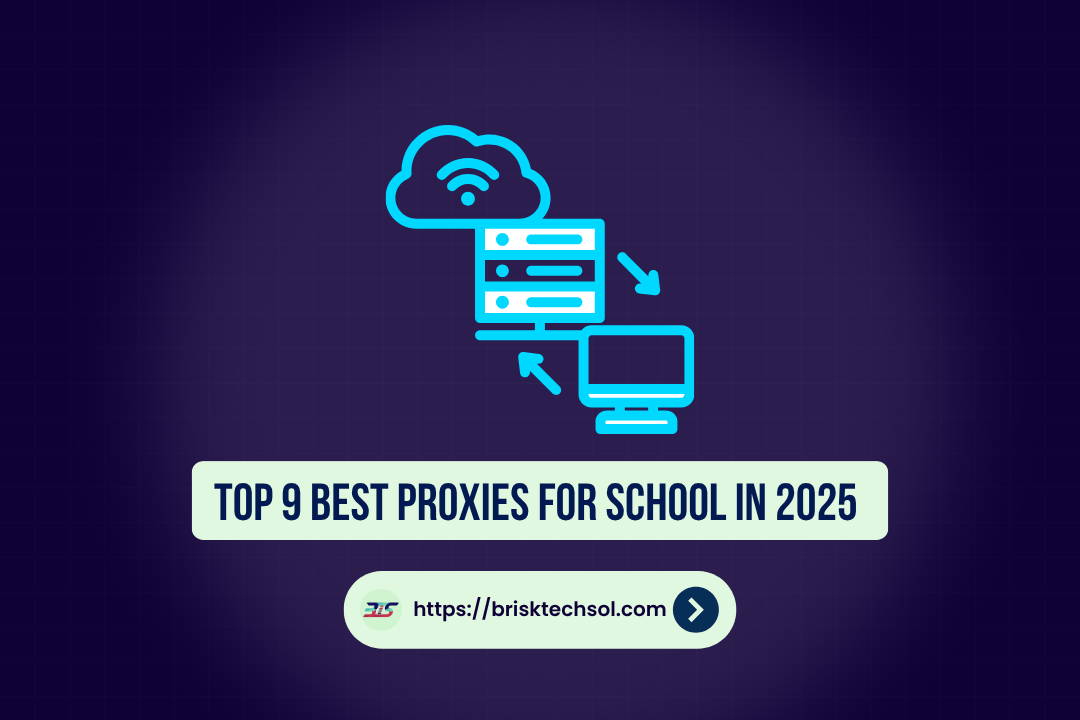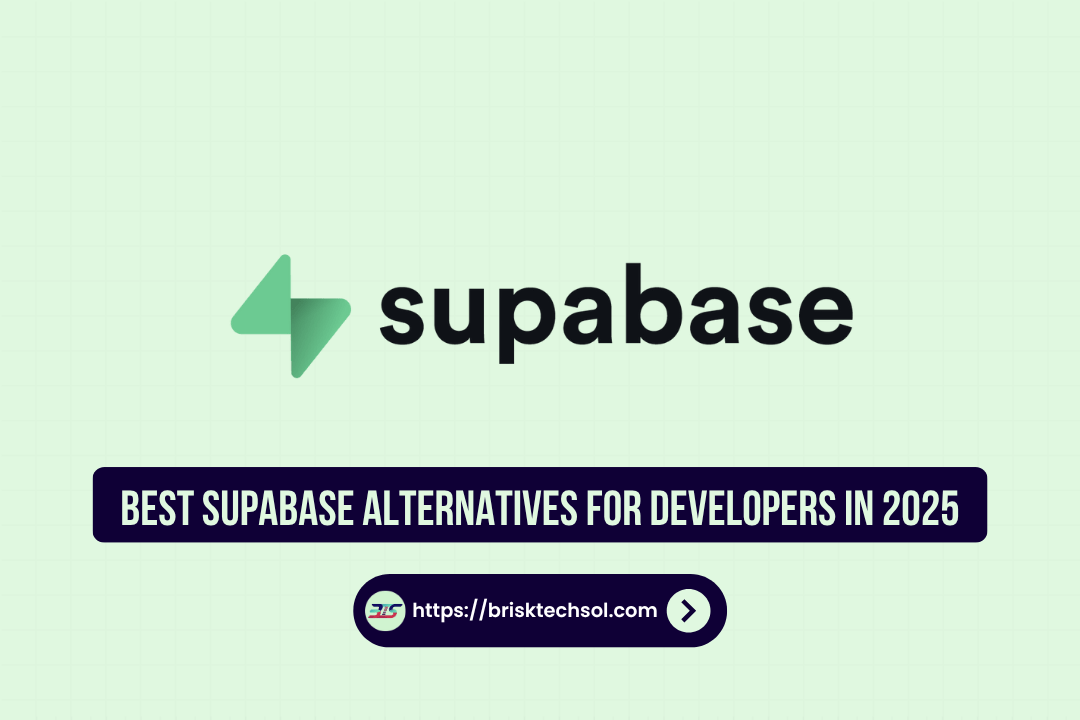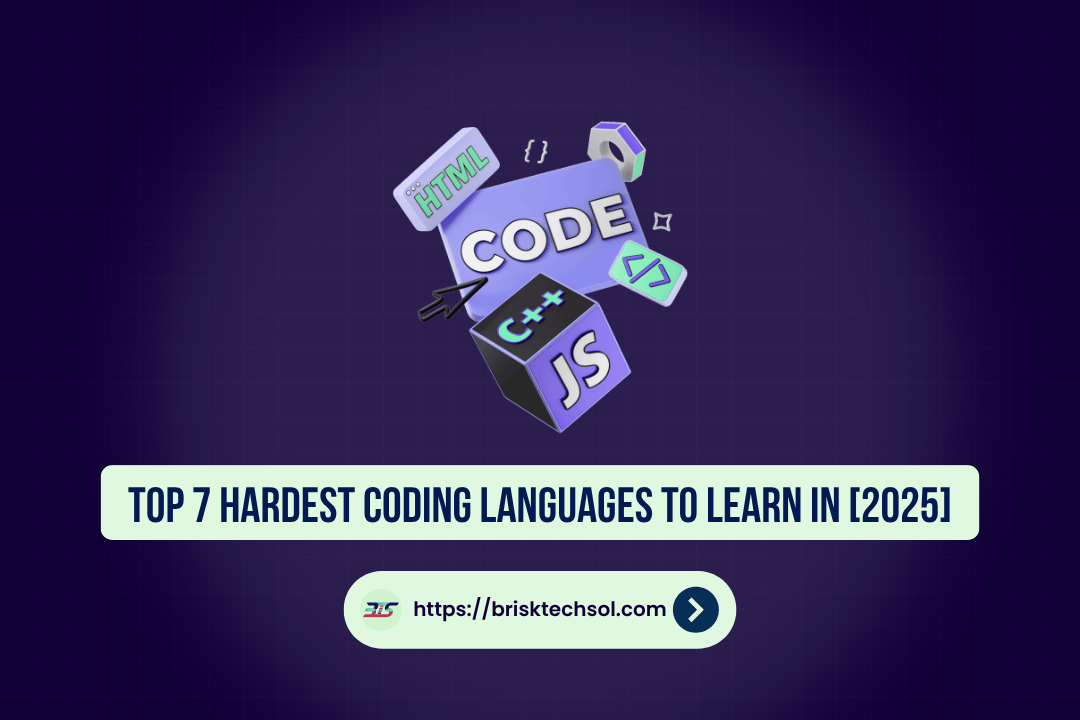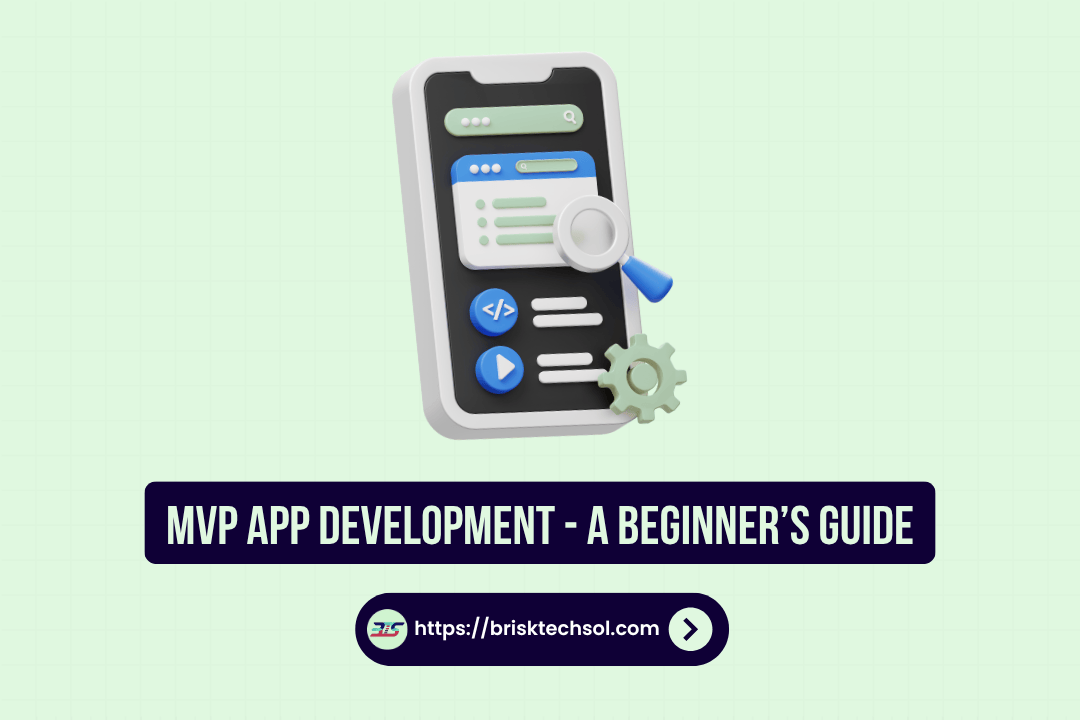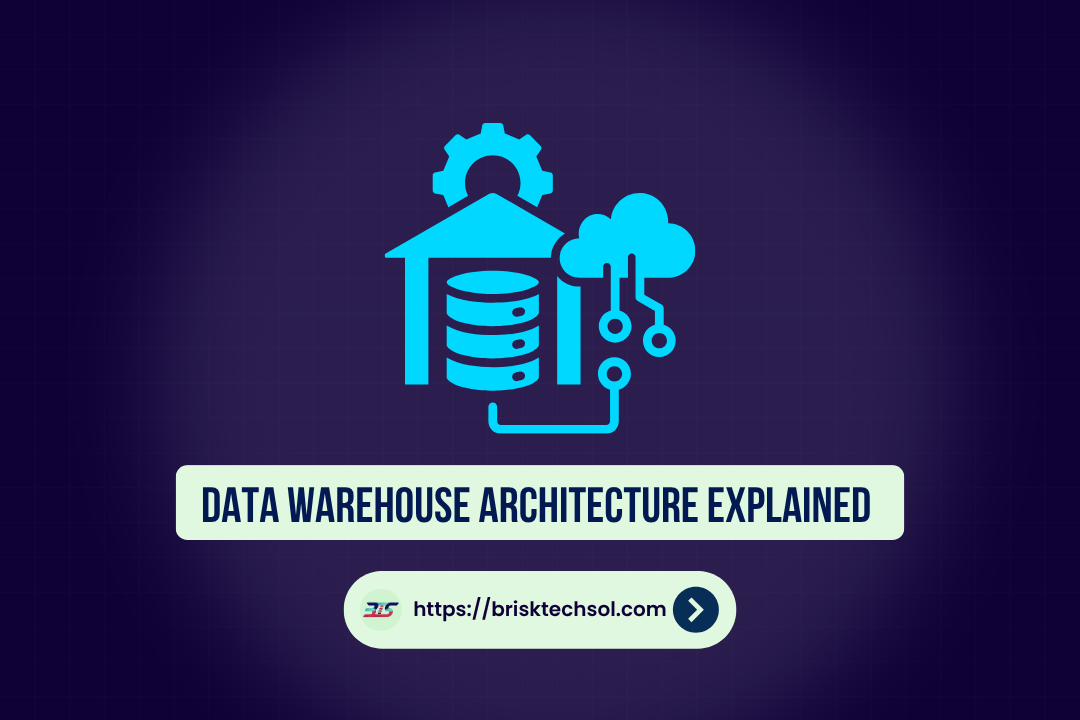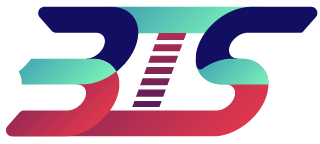AI has changed how we interact with technology, and three giants Claude, ChatGPT, and Gemini lead the race. Each model excels in unique ways, catering to diverse needs like business automation, education, and creative writing. This article guide dive deep into their features, performance, and real-world applications to help you choose the right AI model for your needs.
Understanding Each AI Model
Claude: Safety and Scalability in AI
Claude, developed by Anthropic, is engineered for safe, ethical, and scalable AI applications.
- Features:
- Processes up to 100,000 tokens, enabling long-form content generation.
- Advanced guardrails to prioritize user safety and prevent misuse.
- Intuitive APIs for seamless integration into business workflows.
- Applications:
- Ideal for organizations needing reliable, unbiased AI interactions.
- Excellent for legal document summaries and detailed data analysis.
- Strengths:
- Ethical by design, reducing the risk of inappropriate outputs.
- Handles extensive contextual information effectively.
- Limitations:
- Slightly slower response times compared to competitors in real-time tasks.
ChatGPT: The Conversational AI Leader
OpenAI’s ChatGPT is renowned for its dynamic conversational abilities.
- Features:
- Multiple versions available, including GPT-4 with higher contextual understanding.
- Flexible API integration for industries ranging from healthcare to e-commerce.
- Continuous updates improve accuracy and reduce errors.
- Applications:
- Popular for customer support chatbots, content creation, and coding assistance.
- Frequently used for creative tasks like story generation or brainstorming.
- Strengths:
- Highly interactive, mimicking human-like conversation.
- Affordable and accessible with options like free trials and subscription plans.
- Limitations:
- Token limit (8K–32K) makes it less suited for large data inputs.
- Tends to produce verbose outputs, requiring user refinement.
Gemini: Google’s Multimodal AI Innovator
Gemini, powered by Google, pushes the boundaries of AI by integrating multimodal capabilities.
- Features:
- Combines text, image, and potential video input processing.
- Deep integration with Google Workspace, boosting productivity.
- Focus on contextual adaptability, tailoring outputs based on user intent.
- Applications:
- Used for cross-media projects, like creating presentations from written briefs.
- Enhances visual learning through multimodal tools in education.
- Strengths:
- Versatility in handling varied input formats.
- Backed by Google’s robust infrastructure and data ecosystem.
- Limitations:
- Currently in its early stages, with limited third-party reviews available.
- Potential privacy concerns due to data handling policies.
Detailed Performance Metrics
Token Handling and Contextual Depth
| Metric | Claude | ChatGPT | Gemini |
|---|---|---|---|
| Token Limit | 100,000 | 8,000–32,000 | TBD |
| Context Retention | High | Moderate | Experimental |
| Speed | Moderate | High | Moderate |
User Interaction
- Claude: Best for structured, long-form outputs requiring minimal follow-up.
- ChatGPT: Excels in dynamic, conversational environments.
- Gemini: Still evolving but promising enhanced multimodal interaction.
Integration and Accessibility
- Claude: Requires technical expertise for API integration.
- ChatGPT: User-friendly with simple setup options for individuals and businesses.
- Gemini: Seamlessly integrates with Google Workspace for enhanced productivity.
Applications Across Industries
Business Automation
- Claude: Perfect for automating bulk content processing, like generating reports.
- ChatGPT: Widely adopted for enhancing customer service with AI chatbots.
- Gemini: Ideal for collaborative workflows involving text and visuals.
Education and Learning
- Claude: Simplifies complex concepts for academic research and tutoring.
- ChatGPT: Acts as a versatile teaching assistant across multiple disciplines.
- Gemini: Multimodal features make it highly effective for interactive learning.
Creative Industries
- Claude: Generates comprehensive outlines and long-form content.
- ChatGPT: Known for storytelling and brainstorming creative ideas.
- Gemini: Supports innovative projects requiring image-text integration.
Ethical Considerations and Challenges
Bias and Safety
- Claude: Designed with strict ethical guidelines to minimize bias.
- ChatGPT: Continually improving but occasionally exhibits unintentional bias.
- Gemini: Early-stage ethical considerations are being developed.
Data Privacy
- Claude: Focused on secure and private interactions.
- ChatGPT: OpenAI’s transparency policies provide clarity but require vigilance.
- Gemini: Google’s data ecosystem raises concerns about user privacy.
Future Prospects
- Claude: Scaling token limits for ultra-complex tasks.
- ChatGPT: Enhanced fine-tuning for niche applications.
- Gemini: Expanding multimodal capabilities for broader industry adoption.
Conclusion
Choosing between Claude, ChatGPT, and Gemini comes down to your specific goals. Claude shines with its ethical focus and ability to handle detailed tasks, ChatGPT stands out for its conversational ease, and Gemini impresses with its innovative multimodal features. Each has unique strengths explore them to see which fits your needs and helps you achieve your goals with AI.
FAQs
Which AI is best for content creation?
ChatGPT is highly effective for content creation due to its conversational flexibility.
What makes Gemini different from Claude and ChatGPT?
Gemini’s multimodal capabilities allow it to process text, images, and potentially videos.
Is Claude better for business applications?
Yes, Claude excels in handling large-scale text data and ensuring ethical output.
How does ChatGPT handle sensitive data?
OpenAI provides secure interactions, but users should be cautious about sharing confidential information.
Can Gemini replace ChatGPT for conversations?
Not yet, as Gemini is still evolving its conversational capabilities.

